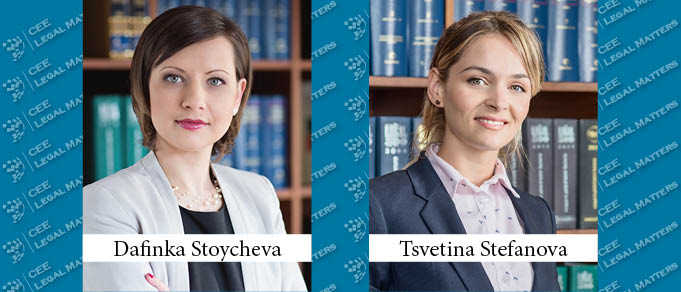On October 26, 2021, the General Assembly of the Supreme Court of Cassation issued Interpretative Judgment No. 5/2019, clarifying what procedure employers must follow with respect to employee layoffs on the grounds of “closure of part of the enterprise,” which at present is frequently utilized in the context of companies’ mergers and acquisitions.
The Bulgarian Labor Code provides limited options for employee layoffs, that should be strictly followed by the employer for a dismissal to be lawful. Due to the lack of clarity in the effective law – specifically in terms of the “closure of part of the enterprise” ground – for layoffs and the immense discrepancy in court practices on this matter, the adoption of an Interpretative Judgment was crucial for streamlining its lawful application.
Because of inconsistencies in court practice on the matter, an opening of a so-called “Proposal for an Interpretative Judgment,” which would kick off the procedure, was highly anticipated by the business world. At the end of 2019, the Supreme Bar Council submitted its proposal, which was admitted by one of the judge panels of the Supreme Court of Cassation, and Interpretative Case No 5/2019 was opened by the Chairman of the Supreme Court of Cassation trying to answer two main questions: What is the legal definition of a “closure of a part of the enterprise?” What obligations or discretions does the employer have when performing selection?
First, all relevant authorities, along with representatives of the academic world, were requested to submit statements on the matter that would have to be taken into account in the Supreme Court’s subsequent general assembly discussion.
In the adopted interpretative judgment, the Supreme Court stated that the grounds of “closure of part of the enterprise” require the cumulative presence of two prerequisites:
(1) a certain organizationally separate unit to be removed from the structure of the enterprise, and
(2) the activity of this unit to have been terminated. In an internal reorganization, on the other hand, structural changes in the enterprise are carried out in which some units are changed by merging, separation, division, etc., but their activity is preserved and, therefore, an internal reorganization is not a valid ground for lawful termination of employment contracts of employees, who have previously worked in the reorganized unit.
The Supreme Court further interpreted whether the employer is required to perform the selection when closing a part of the enterprise. It specified that, in this case, given the abovementioned requirements are met, the employer has the right but not the obligation to perform a selection. In this instance, then, the performance of the selection is at the employer’s discretion.
The employer may exercise its right of selection when there are workers or employees in positions with the same, or with insignificantly different work functions, as the ones in the closed unit in the remaining organizationally separate units of the enterprise within the same district.
The interpretative practices of the Bulgarian Supreme Court are mandatorily applied by all court instances and are crucial to the development of consistent case law and legislation.
By Dafinka Stoycheva, Senior Partner, and Tsvetina Stefanova, Senior Associate, Gugushev & Partners
This Article was originally published in Issue 9.8 of the CEE Legal Matters Magazine. If you would like to receive a hard copy of the magazine, you can subscribe here.













